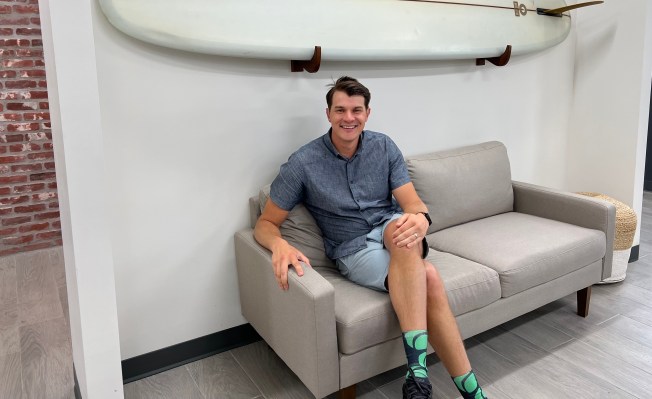GM gives Cruise $850M lifeline as it relaunches robotaxis in Houston | TechCrunch
General Motors is investing $850 million into Cruise as the autonomous vehicle subsidiary slowly makes its way back to testing in Phoenix, Dallas and, as of Tuesday, Houston.
GM’s CFO Paul Jacobson announced the capital infusion onstage at Deutsche Bank’s Global Automotive Industry Conference on Tuesday.
“This will help bridge Cruise funding until we can find the right long-term capital efficient strategy, including potential new partnerships and external funding,” Tiffany Testo, a spokesperson for the company, told TechCrunch. She declined to elaborate on the types of new partnerships or how much money Cruise hopes to raise.
The new investment comes less than a year after GM told investors it would slash spending on Cruise in 2024 by “hundreds of millions” of dollars, following a series of safety incidents that culminated in Cruise grounding its entire fleet in November 2023. Patrick Morrisey, VP of corporate communications at GM, told TechCrunch that the reduction in spending is still in effect, despite today’s capital infusion.
“The total reduction in spending announced earlier is based on the fact that Cruise’s total operating costs are lower in 2024 versus 2023 (operations paused for several months, smaller fleet, fewer cities, etc.…” Morrisey said via email, noting that Cruise still needs money to advance its technology. Just not as much.
In total, Cruise has already raised over $15 billion, per Crunchbase data. GM has spent, and lost, over $8 billion since acquiring Cruise in 2016, with $3.48 billion lost in 2023 alone. But the fresh funds suggest that GM is not yet ready to give up on its investment.
Cruise has struggled since commercializing its fully autonomous, driverless robotaxi service in San Francisco and Austin. Shortly after pulling out the driver, incidents of vehicles bricking and blocking traffic, public transit and first responders began to surface on social media. In October, a Cruise robotaxi ran over and dragged a pedestrian 20 feet in San Francisco. The pedestrian had initially been hit by a human-driven car and landed in the path of a Cruise robotaxi. Federal and state regulators accused Cruise employees of providing incomplete information in their reporting, showing video only of the vehicle hard braking and not dragging the pedestrian as the car attempted a pullover maneuver.
When that additional information came to light, the California Department of Motor Vehicles immediately suspended the company’s permits to operate self-driving vehicles on public roads, and those still have not been reinstated.
The DMV has confirmed to TechCrunch that Cruise is in talks to reinstate its permits in the state. In other states where AV companies don’t need to acquire permits, Cruise is already making a comeback.
Cruise has launched small fleets in Phoenix, Dallas and now Houston that will operate with a human safety driver behind the wheel. The company aims to validate its technology and move slowly in order to win back public trust.




